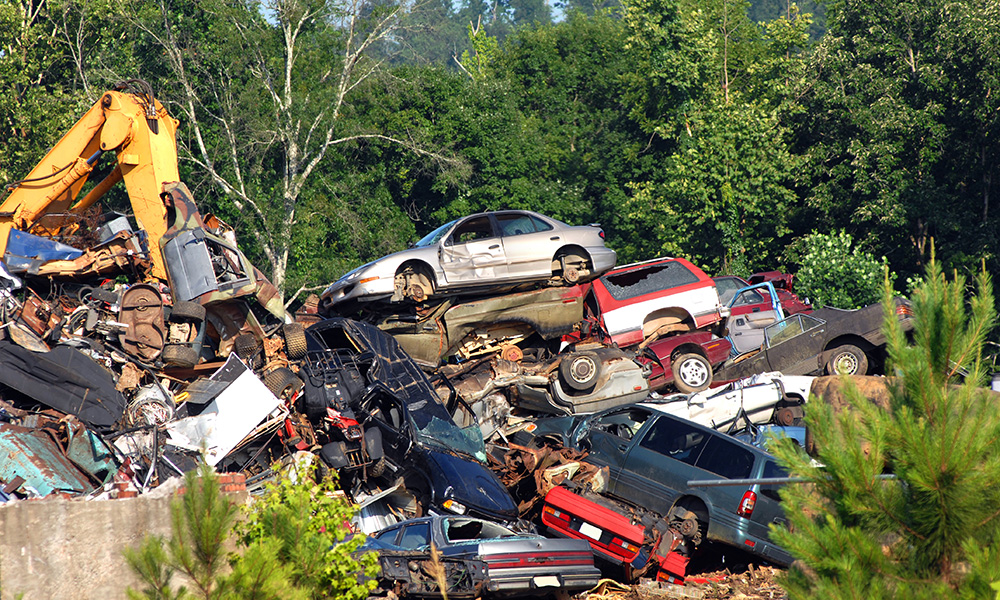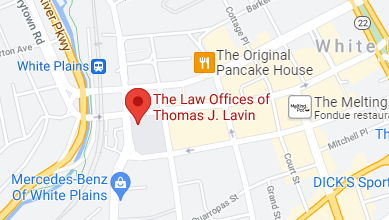After nearly fifteen years, the wait for government compensation is finally over for hundreds of the first responders who are now suffering from 9/11-related illnesses. In March, officials announced that compensation payments amounting to more than $233 million were being distributed to more than one thousand police officers, firefighters, and emergency personnel. “We have shifted more staff to focus on payments and I am proud we exceeded our first interim target,” said Sheila Birnbaum, the Special Master of the Victim Compensation Fund (VCF), in a statement on the fund’s website.
Originally, the September 11th Victim Compensation Fund was created by an act of Congress shortly after the 9/11 attacks to compensate the victims of the attacks (or their families) and anyone who became ill after exposure to the toxic fumes at Ground Zero. Prior to the announcement in March, most of the victims had previously received only about ten percent of their full awards. The remainder had been set aside until VCF administrators knew what the total payout amount would be.
The payments were made available through the December reauthorization by Congress of the James Zadroga 9/11 Health and Compensation Act. Although parts of the Zadroga Act expired on September 30, 2015, the renewal of the act was nevertheless stalled in Congress for months. Despite strong support from figures including U.S. Senator Kirsten Gillibrand and New York Mayor Bill de Blasio, more than one hundred congressional representatives, in the end, remained opposed to the reauthorization of the Zadroga Act.
Nevertheless, the renewal of the Zadroga Act, which provides health services and compensation for 9/11 survivors and first responders, finally passed the House of Representatives by a vote of 316 to 113. The rollout of the full payments drew immediate praise from victims’ advocates. “The progress announced today is good news for injured and ill 9/11 responders and survivors who are starting to get the full help that they need and deserve,” said Benjamin Chevat, the executive director of the 9/11 Health Watch advocacy group.
HOW MANY 9/11 VICTIMS QUALIFY FOR BENEFITS?
The renewal extends the Zadroga Act for another 75 years, and the VCF received a five-year extension. That’s important because, according to the New York Daily News, about 33,000 survivors and first responders have already been diagnosed with 9/11-related illnesses. More than fifty types of cancer have been linked to exposure to toxins at the site of the World Trade Center. Many victims also struggle with chronic ailments like asthma, pulmonary disease, and gastric reflux. New York City Police Detective James Zadroga, for example, died in 2009 at the age of 34 shortly after being diagnosed with Black Lung Disease.
As of 2014, 92 New York City first responders had died from medical conditions sustained during their exposure to toxins at Ground Zero. According to the Fire Department of the City of New York, 99 percent of the firefighters who participated in the cleanup efforts at the World Trade Center site reported respiratory problems. However, some people still may not even be aware of 9/11-related medical problems, especially if they have a form of cancer with a long latency period. Many of these victims are still eligible to receive compensation through the VCF.
The original Zadroga Act became law on January 2, 2011. That legislation reopened the September 11th Victim Compensation Fund of 2001, and it expanded the scope of the VCF to enable more victims to receive compensation. The Zadroga Act requires those who accept compensation through the VCF to waive their rights to pursue any further legal action for damages resulting from the September 11th attacks.
IS THERE STILL TIME TO FILE A 9/11-RELATED CLAIM?
The Zadroga Act permits claims from workers and from others who were at one of the three 9/11 sites between September 11, 2001, and May 30, 2002, if those persons suffered demonstrable physical harm or the wrongful death of a loved one as a result of the 9/11 incidents or the removal of debris. However, a victim must submit a claim for compensation within two years of becoming aware of the physical injury (or the wrongful death).
Anyone who believes that he or she may qualify for VCF compensation should obtain a complete medical exam and also contact a New York City personal injury attorney for legal assistance to ensure that there are no mistakes, misunderstandings, or additional delays when submitting a claim for compensation to the Victim Compensation Fund. Surely, the victims of the 9/11 attacks have endured enough delays.
The VCF compensates first responders, clean-up workers, and survivors of the 9/11 attacks. Those who worked in rescue and recovery at any of the sites – the Twin Towers, the Pentagon, and the Pennsylvania site – may be covered as well as those who lived, worked, or studied where the attacks occurred. However, the VCF requires claimants to provide extensive documentary proof that they were at a 9/11 site during the period from September 11, 2001, through May 30, 2002.
WHO WAS JAMES ZADROGA?
When Congress originally considered the Zadroga Bill to extend benefits to those injured as a result of the 9/11 attacks, thousands of Ground Zero workers were experiencing severe respiratory ailments. New York City Police Detective James Zadroga served more than 450 hours at the ruins of the World Trade Center during the rescue and cleanup operations, inhaling a lethal mix of asbestos, pulverized powdered cement, and assorted hazardous chemicals.
Detective Zadroga quickly developed a chronic cough, breathing trouble, acid reflux, and frequent headaches. He reported his condition to the NYPD, but his claim was rejected. Zadroga continued working, but he soon required oxygen just to breathe. When Detective Zadroga was finally approved for disability benefits, it was too late, but his courage and character inspired the law now named for him.
The list of illnesses and injuries covered by the VCF is long, so anyone struggling with a latent medical condition that may be linked to 9/11 should first obtain a comprehensive medical examination and then consult with a New York City personal injury attorney who already has experience with the Victim Compensation Fund. When considering both the suffering and the service of the 9/11 victims and responders, it’s clear that they must be fully and properly compensated.









